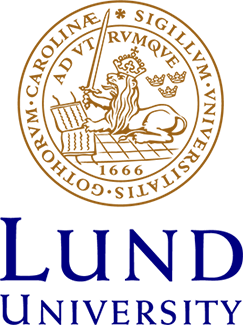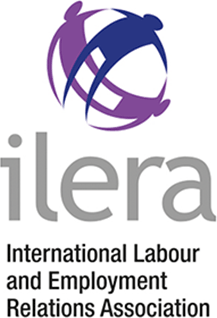Track 2
Work and Employment Relations
In recent decades, research on work and employment relations has focused to a great extent on the effects of globalization – the internationalization of markets, the rise of extensive production chains, the creation of international organizations, and the convergence of economic policies and prescriptions on deregulation and flexibilization – on work and employment relations in national contexts. These trends persist. In recent years, however, something has started to happen which is not in line with expectations of increasing convergence and international integration. Nationalistic policies, protectionism, and trade wars have appeared in international relations calling in question the dismantling of boundaries. Moreover, international organizations like the OECD and IMF now regard rising inequality as a dangerous side-effect of the policies of recent decades. At the same time, international collaboration would seem to be more urgent than ever if we are to be able to face the challenges of our time, among them climate change and environmental destruction, pandemics, immigration, unequal economic development, and the weakening of labour standards.
The focus of this track is on how work and employment relations are being affected by conflicting trends in the changing world economy, as well as by structural changes arising from new technology.
We welcome papers and special sessions on such topics as the following:
- Trends and changes in the institutions or mechanisms regulating wages and working conditions, such as collective bargaining, labour law, corporate social-responsibility policies, etc.
- The role of actors (the state, trade unions, employee representatives, employers and employers’ associations, the self-employed, and stakeholder communities) in work and employment relations. Who are the drivers of continuity and change?
- Analysis of the outcomes of the regulation of work and employment relations: trends in wages and working conditions; precarious work; economic inequality; managing diversity at work; etc.
- Theoretical and methodological development: what are the relevant pathways for the study of work and employment relations today?

